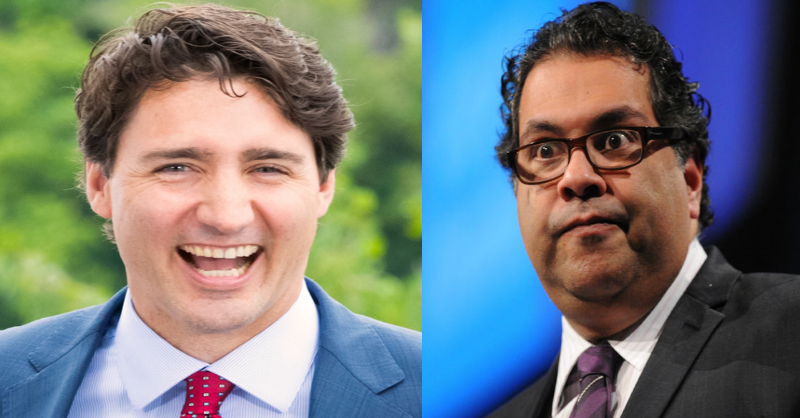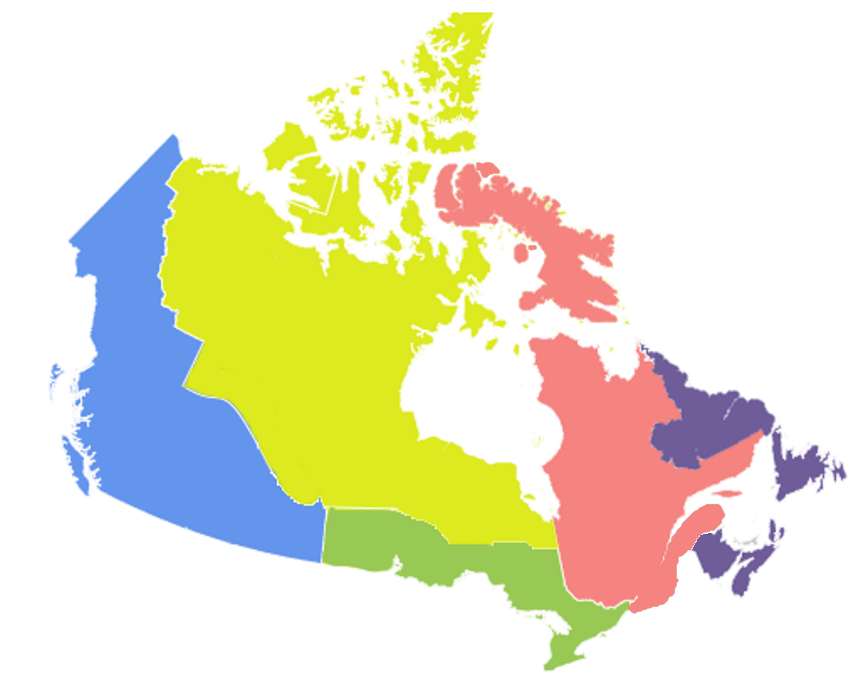
ALLAN RAY
The Liberal Party Has Never Had A Woman In Charge
Every single Liberal leader has been a white man. That doesn't look like it's going to change.


ALLAN RAY
Every single Liberal leader has been a white man. That doesn't look like it's going to change.

RYAN TYLER
The rapid influx of millions has caused devastation across several industries and to average Canadian households.

RYAN TYLER
Ontario's premier is picking all the wrong fights and making promises he can't keep.

THOMAS CARTER
Deportations and border enforcement are the correct ways to keep immigration lawful and fair.

GRANT JOHNSON
The inauguration of Donald Trump will only be the beginning of the good things to come in the new year.

RYAN TYLER
Cloverdale-Langley City and Lethbridge West show troubling results for the federal Liberals and the Alberta NDP.

THOMAS CARTER
The days of Bill Clinton and Jimmy Carter are long gone. Today, it is just plain weird to be a Democrat.

POSTCANADIAN
History is filled with stories about new beginnings. The end is often the start of something bigger and better.

ALLAN RAY
Many are turned away by the idea of an emotional dictator who lives in the sky, but what if we could explain things differently?

ALLAN RAY
Trump has promised to unseal the documents, but has warned that Americans may not want to know what is in them.

NICK EDWARD
Trump played the media and his targets like fools, knowing they would build a mountain out of his mole hill.
These glaring problems suggest something different.

ALLAN RAY
When you see it, you should be worried about your country's future.

NICK EDWARD
Choose your tribe, do not question the figurehead, obey, or be cast out.

RYAN TYLER
But what if we applied some feminist logic to these less convenient gender gaps?

GRANT JOHNSON
Liam and Noel have said and done some controversial things, but the band is reuniting for an album and world tour.

NICK EDWARD
If the unthinkable were to become reality, much of it might go exactly how we would have expected.

JOHN MILLER
The woke will go extinct as the survivors become ultra based. Is wokeness fixing civilization?

ALLAN RAY
Russia's KGB strongman is popular and has managed to make his country a self-sustaining global force.

DEVON KASH
If you like unravelling supernatural mysteries and ingesting some traditional conservative themes, you're going to like this one.

RYAN TYLER
A second shooter on a water tower? An FBI director in the crowd? Some of these theories are off the wall.

DEVON KASH
Even Kamala Harris is rumoured to be ready to jump in bed with the crypto industry before September.

ALLAN RAY
Violence has no place in a system designed around elections, peaceful transitions of power, and bloodless coups.